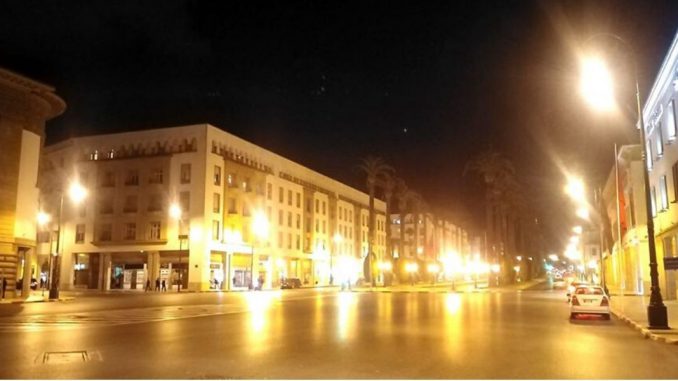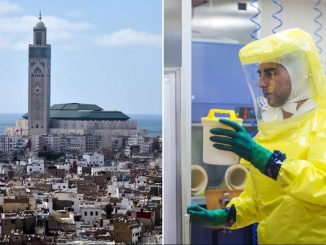
Passers-by here and there going to their work without wasting time, vehicles that are becoming increasingly rare, shops are closed and an almost absolute calm … In the area of Bab El-Had, in the heart of Rabat, the slowdown in life due to the state of health emergency decreed to contain the Coronavirus is being felt, especially for commercial activity.
It may be early to estimate the losses, but for a large segment of traders forced to cease all activity during the state of health emergency, the warning lights are on red, especially as this crisis coincides with the approach of the holy month of Ramadan, a period of high consumption, as well as with the spring holidays, which are promising for the tourism and catering sectors in particular.
The other traders authorized to operate under the state of health emergency are not, however, not doing any better. Although the sellers of basic necessities and pharmacists are able to sell in these gloomy times, the profit margins are no longer the same, especially for smaller and larger businesses, which are facing significant costs.
“The bulk of our sales go to customers, but with the closure of schools and all the stagnation that has followed, things are no longer as they used to be,” complains Mehdi, who runs a grocery store on the busy boulevard Al Maghrib Al Arabi (near Bab El-Had).
“Consumption habits have also changed in these times. People in the neighborhood who continue to buy from us, given the proximity, are more often satisfied with basic products, such as milk, bread, pulses, pasta… and phone cards,” the shopkeeper tells MAP.
“In the past, our grocery store welcomed customers of all kinds who consumed everything. They could be schoolchildren, students from nearby private schools or civil servants who came to stock up on sweets, chocolates or other savory delicacies. There were also workers and employees who preferred our cheap sandwiches. We even managed to sell a good quantity of telephone gadgets and accessories or deodorants,” regrets the 40-year-old, while standing cautiously at the door of his shop, behind a “barrier” made of chairs, to keep a safe distance from his customers.




Be the first to comment